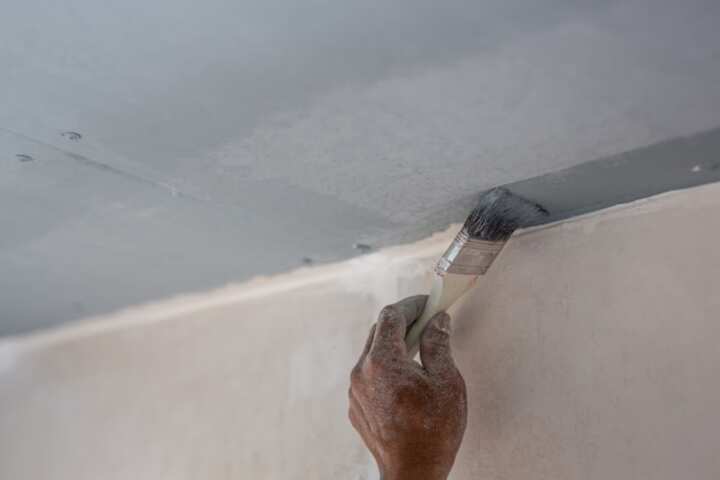
Enhance Your Property with Expert Soil Stabilization Services
Soil stabilization plays a critical role in ensuring the longevity and structural integrity of any property. Whether for new construction projects or maintaining existing structures, the ability to enhance soil conditions can prevent various issues such as erosion, foundation settlement, and landslides. This article delves into the importance of soil stabilization services and how they can be leveraged to bolster property resilience.
Understanding Soil Stabilization
Soil stabilization involves altering soil properties to improve strength and durability. It is an essential process in construction and land management, allowing for better load-bearing capacity and reduced soil permeability. These services are crucial in areas prone to shifting or expansive soils, and they help mitigate risks associated with foundation instability.
Common Methods of Soil Stabilization
- Chemical Stabilization: This method utilizes chemical additives such as lime, cement, or fly ash to enhance soil properties. By binding soil particles together, it increases the soil's strength and water resistance.
- Mechanical Stabilization: Involves the physical compaction and blending of soil with aggregate materials like gravel or stone. This enhances the soil's physical structure, improving its load-bearing capacity.
- Geosynthetic Stabilization: Utilizes geotextiles or geogrids to reinforce soil layers, providing additional support and stability.
Benefits of Professional Soil Stabilization Services
Employing expert soil stabilization services offers numerous benefits that can significantly impact property value and safety:
- Enhanced Structural Integrity: By improving soil stability, the risk of foundation settlement and structural damage is minimized.
- Increased Longevity: Stabilized soils contribute to the long-term durability of buildings and infrastructure, reducing maintenance costs.
- Environmental Protection: Proper soil stabilization prevents soil erosion and promotes sustainable land use.
- Improved Drainage: Stabilization can enhance soil drainage characteristics, preventing waterlogging and reducing the risk of water damage. Read more about this topic.
When to Consider Soil Stabilization
Identifying the need for soil stabilization is crucial for maintaining a safe and stable property environment. Consider professional services in the following scenarios:
- New Construction: Before commencing a building project, assess soil conditions to determine the need for stabilization to ensure a solid foundation.
- Foundation Issues: If there are signs of foundation settlement or cracking, soil stabilization might be necessary to prevent further damage. Learn more in this detailed guide.
- Erosion Control: Properties on slopes or near water bodies may require stabilization to prevent soil erosion and landslides.
- Infrastructure Projects: Roads, bridges, and other infrastructure projects benefit from stabilized soils to support heavy loads and prevent structural failure.
Choosing the Right Soil Stabilization Service Provider
When selecting a provider for soil stabilization services, consider the following factors:
- Experience and Expertise: Choose a provider with a proven track record and expertise in handling diverse soil conditions.
- Range of Services: Opt for a provider offering a comprehensive range of stabilization methods tailored to specific needs. Explore further insights here.
- Use of Advanced Technology: Ensure the provider employs modern equipment and techniques for effective stabilization.
- Customer Reviews and Testimonials: Check feedback from previous clients to assess service quality and customer satisfaction.
Conclusion
Soil stabilization is a vital aspect of property management and construction. By enhancing soil properties, it ensures the safety and longevity of structures and prevents costly repairs. Whether for new developments or existing properties, investing in professional soil stabilization services can significantly enhance property value and stability. Find additional information here.